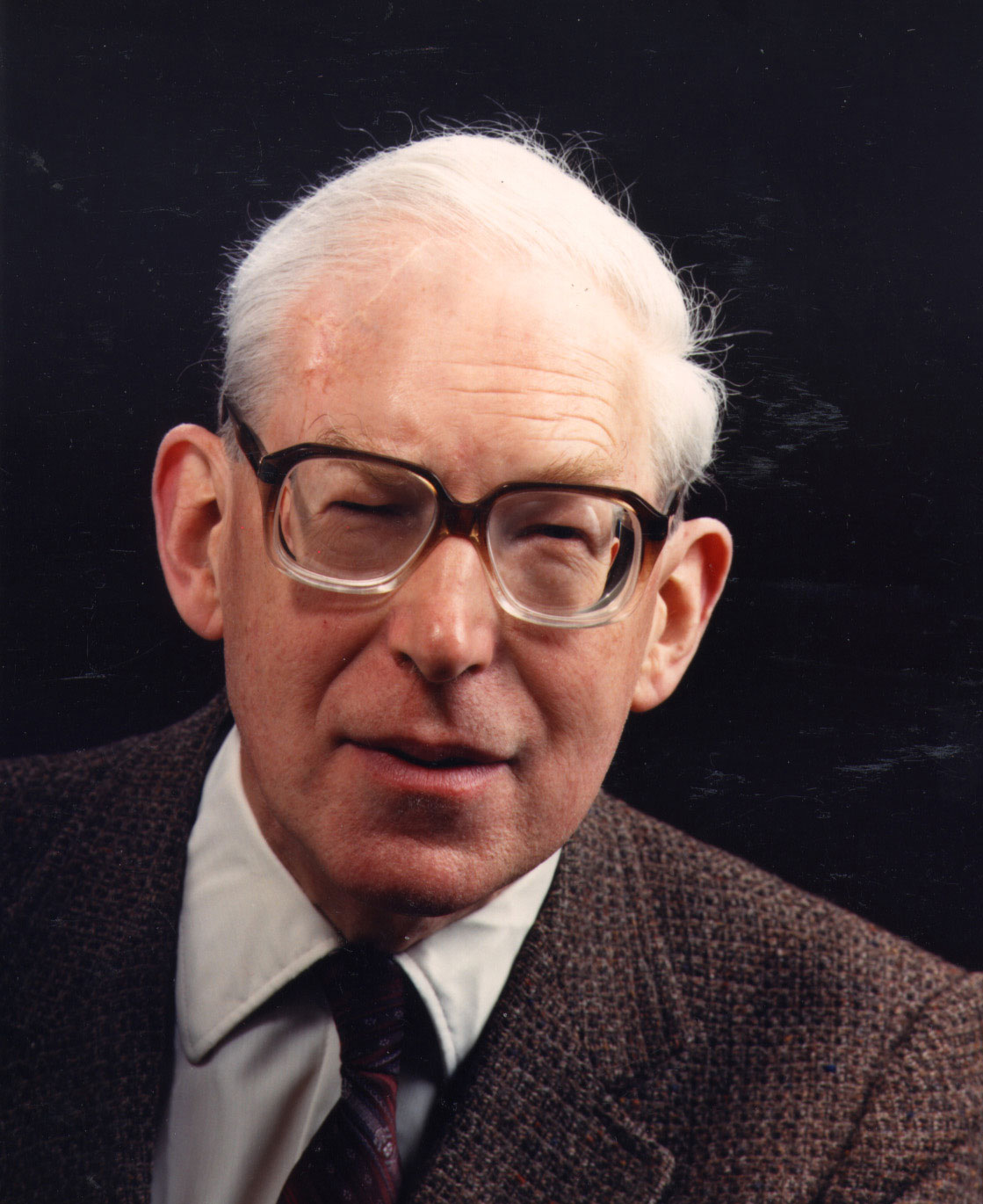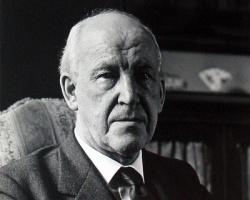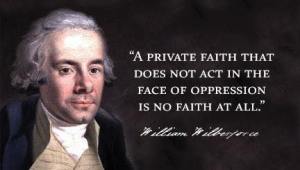[facebook url=”https://www.facebook.com/CrosswayBooks/videos/10153498240793632/” /]
Objective Faith
Commenting on Ephesians 6:12, Lloyd-Jones writes:
Ephesians 6:11–13 (ESV)
11 Put on the whole armor of God, that you may be able to stand against the schemes of the devil. 12 For we do not wrestle against flesh and blood, but against the rulers, against the authorities, against the cosmic powers over this present darkness, against the spiritual forces of evil in the heavenly places. 13 Therefore take up the whole armor of God, that you may be able to withstand in the evil day, and having done all, to stand firm.
“Is it not strange, Christian people, that we think so little about these things, that this whole aspect of the matter comes so little into our thoughts? It is because we are too subjective. We start with ourselves and we end with ourselves. ‘I want peace with God, I want my sins forgiven, I want to feel happy, I want joy in my life, I want this, I want that, I want to overcome temptation …!’ Why do we not realize that our salvation is always to be thought of in objective, scriptural terms primarily? You may have many experiences, and enjoy what you regard as blessings, but if you do not realize this truth you will still be in bondage and your Christian life will be very poor. As the Scriptures state the case, we have to be delivered from the power of darkness, from the power of the devil, before we can receive forgiveness of sins. That is the first thing according to what our Lord told Paul in His commission on the road to Damascus.”
David Martyn Lloyd-Jones, The Christian Warfare: An Exposition of Ephesians 6:10–13 (Edinburgh; Carlisle, PA: Banner of Truth Trust, 1976), 60–61.
Oppression's Request: Keep Your Faith to Yourself
WILBERFORCE, WILLIAM (1759–1833)
English philanthropist; antislavery crusader
Born in Hull, Wilberforce studied in desultory fashion at Cambridge, then in 1780 entered Parliament and became a strong supporter of William Pitt, who persuaded Wilberforce to devote himself to the abolition of the slave trade. In this cause he opposed many in the empire who had powerful vested interests, and he opposed those who regarded slavery as “a natural and scriptural institution.” The reformers finally triumphed in 1807 when the slave trade was done away with, though abolition of slavery itself had to wait until 1833.
Wilberforce, who had been converted at twenty-five, was the most famous figure associated with the Clapham Sect, which sought to do for the upper classes what Wesley had done for the lower. They used their wealth and influence in Christian outreach. He supported missions, fought to improve the condition of the poor and prisoners, and in 1804 helped to form the British and Foreign Bible Society. He also supported Catholic emancipation. Wilberforce, who was once described as “the authorized interpreter of the national conscience,” published in 1797 his Practical View of the Prevailing Religious System, which ran through many editions.
J.D.DOUGLAS
J.D. Douglas, “Wilberforce, William,” ed. J.D. Douglas and Philip W. Comfort, Who’s Who in Christian History (Wheaton, IL: Tyndale House, 1992), 719.



